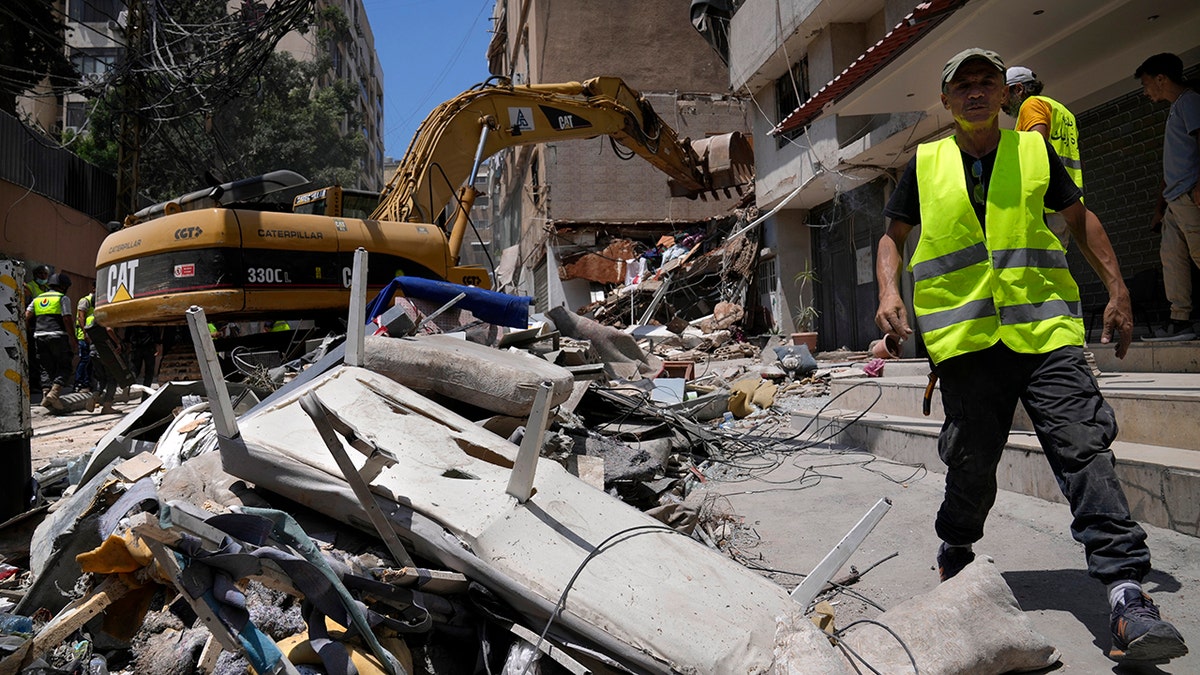Hezbollah launched 30 rockets from Lebanon into northern Israel early Monday, though no casualties were reported, the Israeli Defense Forces (IDF) confirmed.
“Following sirens that sounded a short while ago in northern Israel, approximately 30 projectiles were identified crossing from Lebanon toward the area of Kabri, a number of which fell in open areas,” an IDF spokesman said. “No injuries were reported.”
The barrage came amid anticipation of retaliatory strikes by Iran and its proxy forces in the region against Israel for the assassination of Hamas leader Ismail Haniyeh in Tehran late last month.
Fighting between Hezbollah militants in Lebanon and Israeli forces in the north has intensified in recent weeks, sparking fears that the month-long conflict in Gaza will spread.
HAMAS REFUSES TO ATTEND GAZA CEASE-FIRE TALKS AS BIDEN SAYS IT’S ‘STILL ’POSSIBLE’ TO REACH DEAL
Hezbollah, late last month confirmed the death of Faud Shukr, its “No. 2” commander who was involved in the 1983 Beirut bombings of a Marine barracks bombing that killed 241 U.S. military personnel.
The IDF strike served as a response to an attack that killed a dozen youths in Israel’s Golan Heights, but Hezbollah continues to deny any involvement in that attack, while the IDF identified Shukr as the mastermind behind the attack.

Meanwhile, U.S. Defense Secretary Lloyd Austin has ordered a guided missile submarine to the Middle East and is telling the USS Abraham Lincoln aircraft carrier strike group to sail more quickly to the area, the Defense Department said Sunday.
The U.S. and other allies are pushing for Israel and Hamas to achieve a cease-fire agreement that could help calm soaring tensions in the region following the assassination of Haniyeh and Shukr.
Maj. Gen. Pat Ryder, Pentagon press secretary, said in a statement that Austin spoke with Israeli Defense Minister Yoav Gallant earlier in the day, and reiterated America’s commitment “to take every possible step to defend Israel and noted the strengthening of U.S. military force posture and capabilities throughout the Middle East in light of escalating regional tensions.”
The Associated Press contributed to this report.
Read the full article here











